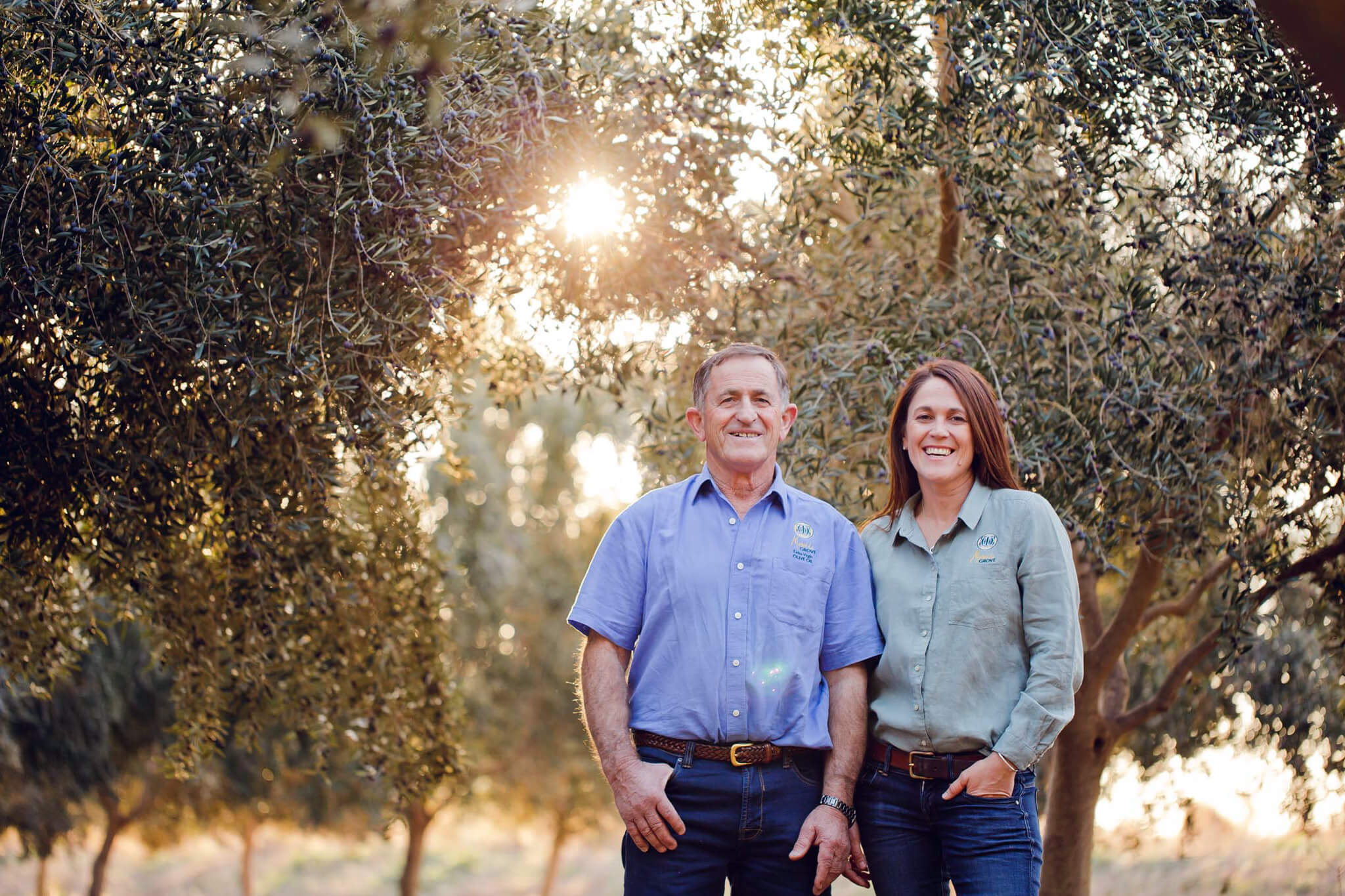
From OUr Family to Yours
Three generations dedicated to olive oil and artisanal excellence
"At Morella Grove, our family's heart and soul are poured into every bottle. For us, it's more than a product; it's a reflection of our heritage, a celebration of the land, and a commitment to excellence that we've nurtured for three generations."
— The DalBon Family
Welcome to Morella Grove
Nestled in the lush Riverina region of New South Wales, Morella Grove is where the essence of nature meets our family's passion for excellence.
Our ethos is simple yet profound - to create products that are as authentic and rich in quality as our family's heritage. As you explore our story, you'll uncover the dedication behind our award-winning olive oil and artisanal products, and the sustainable practices that guide our every step.
We invite you to delve into the heart of our grove, discover our commitment to quality, and see how, over three generations, we've become more than just producers - we've become curators of a gourmet experience.
Welcome to Morella Grove, where every drop tells a story.
Our Story

The Beginnings of Passion and Heritage
Embark on a journey with us, a tale not just of olives and oil, but of heart, heritage, and the unyielding Australian spirit. Our story unfolds from a union of love and land in Griffith, NSW. Frank DalBon met his future wife and joined his wife's family farm. This farm, a legacy of her father's return from the war, became the cradle of our journey and remains a cherished part of our family heritage today.
Under the guidance of his father-in-law, Frank learned the essence of farming. He absorbed not just the traditional ways, but also the spirit of innovation that would later define Morella Grove. His visionary approach, involving enriching the soil, maximising water efficiency, and environmental stewardship, marked a new era of agricultural excellence, transforming the way crops were produced.
Collaborations with industry bodies such as CSIRO underscored his commitment to progressive and sustainable farming and these environmental best practices became the cornerstone of Morella Grove.
The Dawn of Morella Grove
The late 1990s and early 2000s brought severe drought to the region, challenging the ability to farm traditional crops. But it was during this time that Frank, ever the innovator, saw potential in the olive trees that sat quietly on the edge of the family farm.
These trees, amidst fields of rice, wheat, and oats, became a beacon of hope and opportunity. Frank, with his characteristic foresight, harvested these olives, had them pressed, and Morella Grove began to humbly take shape on the family's kitchen table.
After receiving incredible feedback from local restaurants, the vision of Morella Grove truly crystallised. What started with a handful of olive trees on a farm rich in history and resilience, flourished into a brand that embodies innovation, quality, and a deep connection to the land.
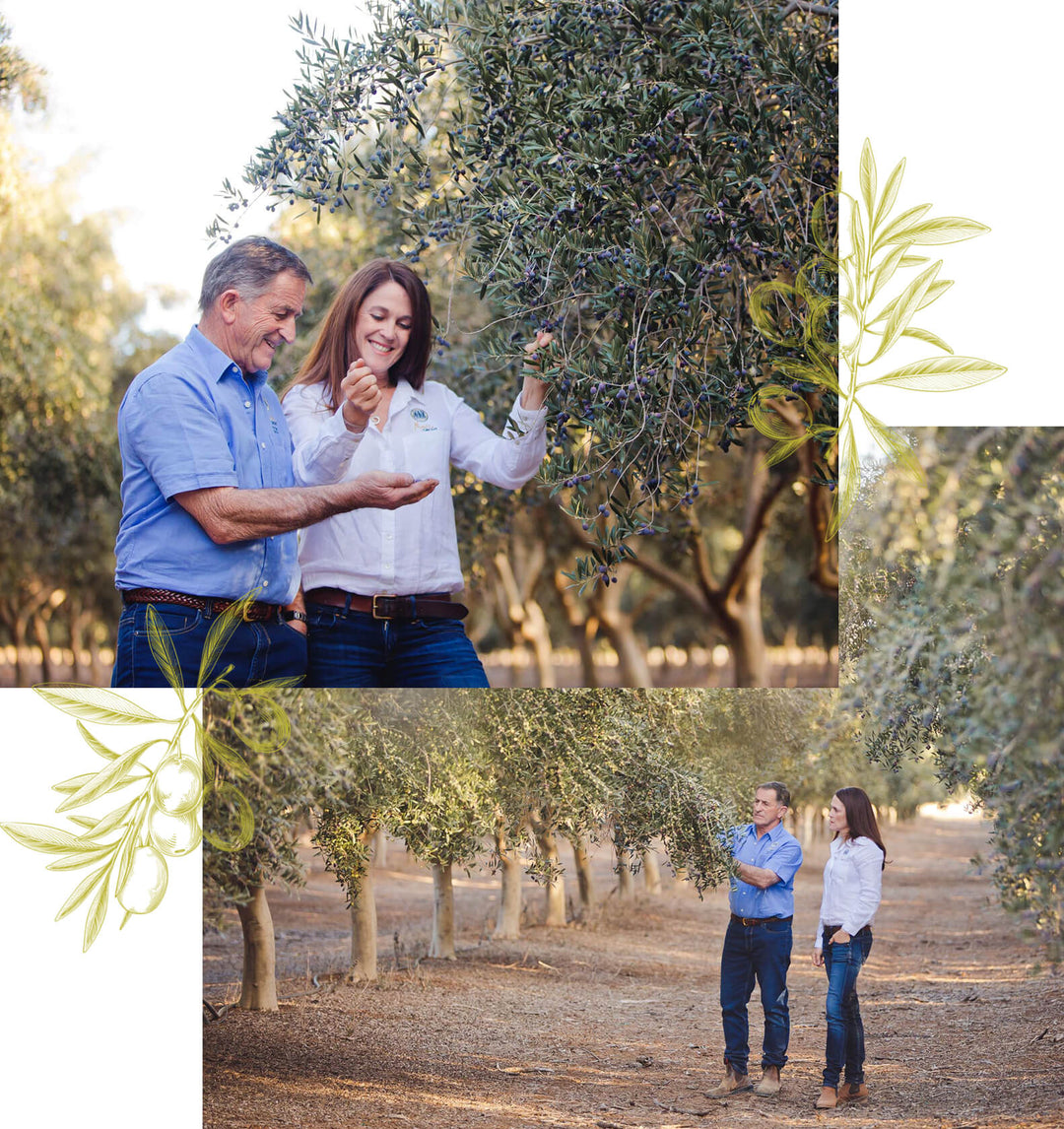
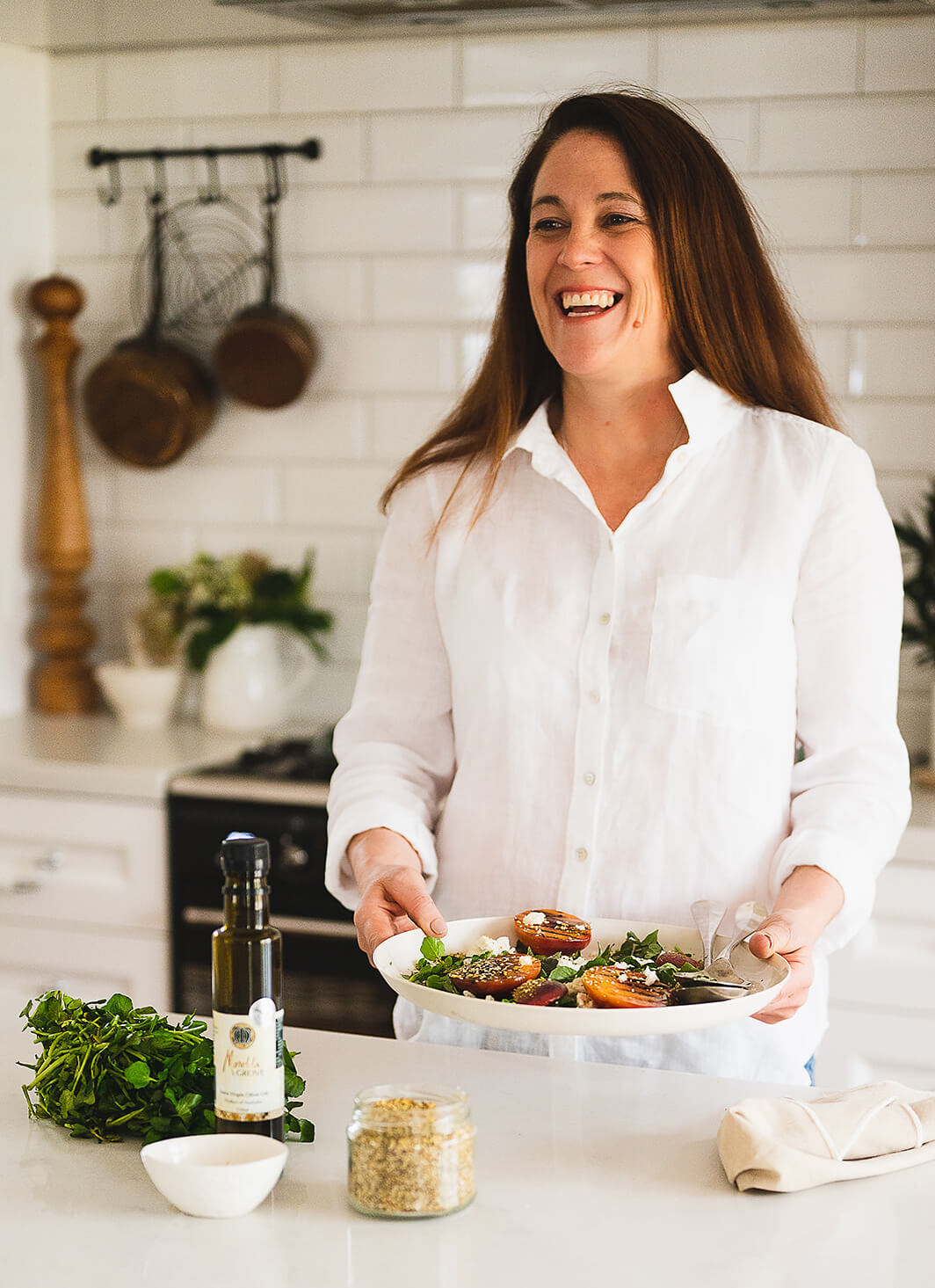
Recognition and Australian Pride
The arrival of Natasha, Frank's daughter, marked a new era of innovation. Her influence expanded our range from olive oil to a variety of gourmet products, reflecting our evolving tastes and entrepreneurial spirit.
Our path led to recognition - awards and accolades that affirmed our commitment to quality. Yet, the truest reward has always been the loyalty of our customers, who bring Morella Grove into their homes and stories.
Frank's unwavering advice remains central to our ethos - to embrace the essence of Australian quality. Our advocacy for locally made, high-quality olive oil and artisan products, mirrors our belief in the richness of our land and the capabilities of our people.
A Legacy of Sustainability and Family
Morella Grove is a beacon of sustainability. In the Riverina's arid beauty, we practise minimal intervention, respecting and nurturing the natural environment that allows our dream to flourish. Our story is more than olives and oil; it's a legacy of passion, a journey of our family.
As you savour Morella Grove's flavours, you're joining a story of commitment and excellence.
Welcome to Morella Grove - where every drop tells a story, every flavour a memory, and every customer becomes part of our extended family.

The Morella Difference - What Sets Us Apart
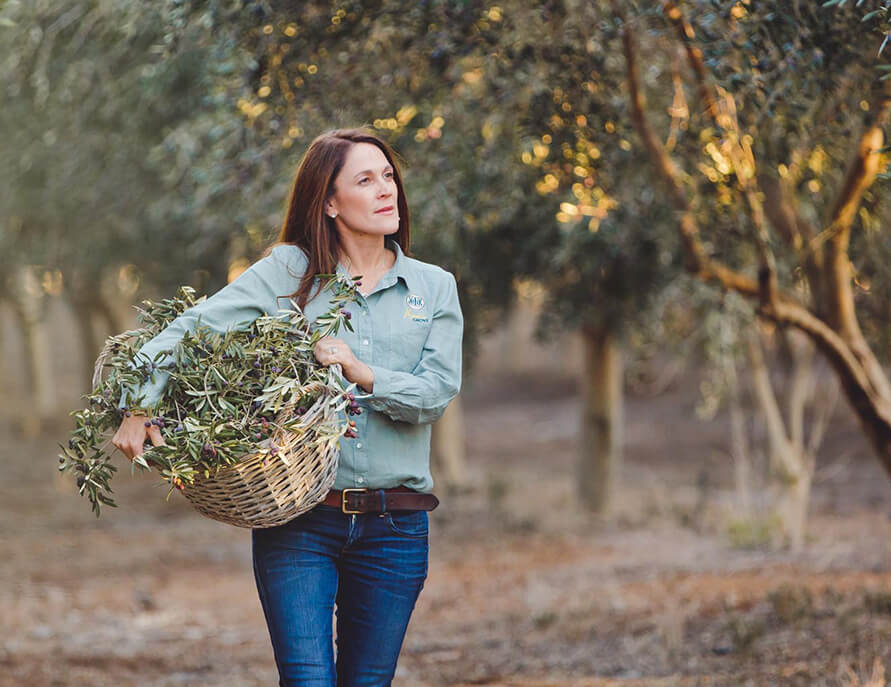
Tradition Meets Innovation
We cherish our deep-rooted, third generation farming traditions, while embracing modern innovation.
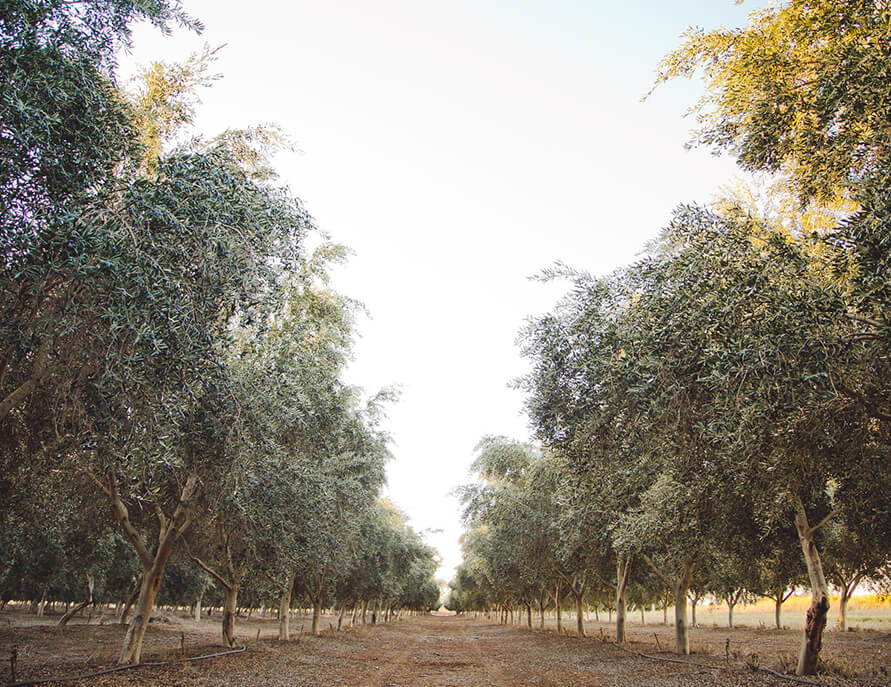
Sustainable At Heart
Our commitment to sustainability enriches both our land and the quality of our products, ensuring a better future for all.
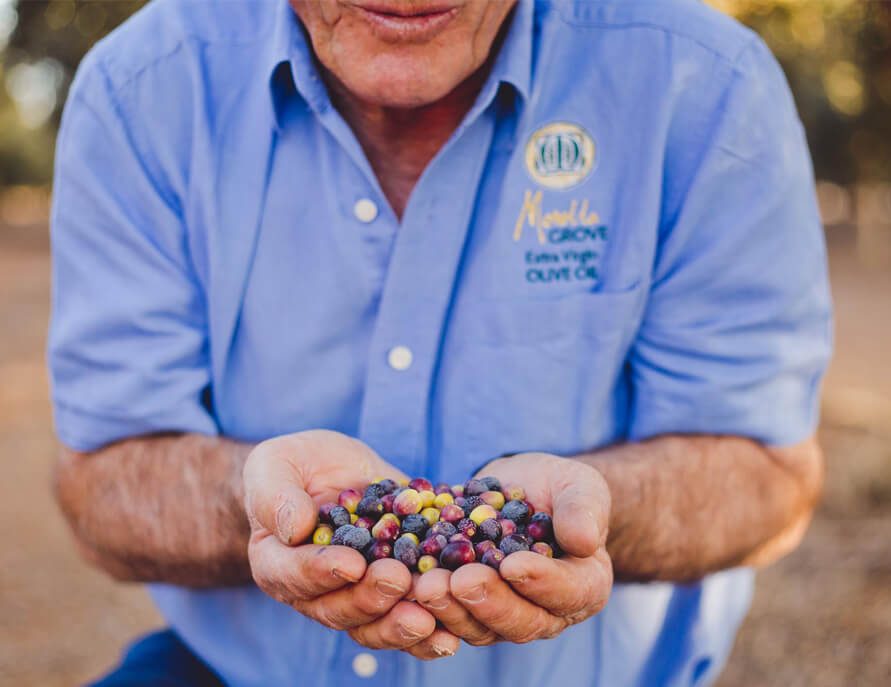
Artisanal Excellence
The pure, robust flavours of each
high-quality, handcrafted product, reflects our dedication to artisanal excellence.
Paddock to Plate Philosophy
Nurturing The Groves
Embracing the Mediterranean climate of The Riverina Region, we cultivate a variety of produce, each nurtured with care.
Harvesting With Precision
We hand prune our product at its peak, blending tradition with modern agricultural best practices.
Artisanal Crafting
Our cold-pressing marries ancient techniques with the world’s leading technology, a standard we apply across all products.
Meticulous Process
Every product, from oil to condiments, undergoes a meticulous journey from grove to bottle, ensuring the highest quality.
Promise Of Quality
To bring authentic, flavour full experiences from paddock to plate and from our family to yours.
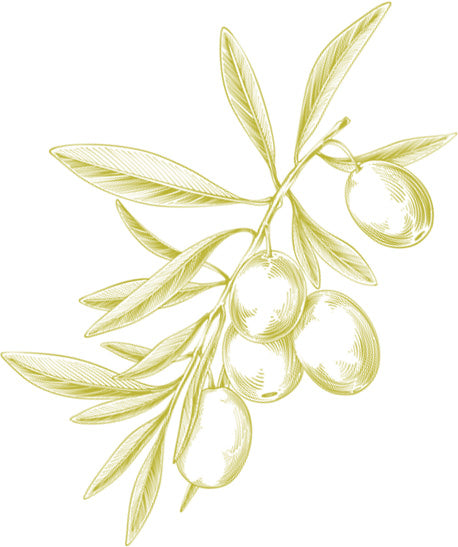
Awards & Recognition

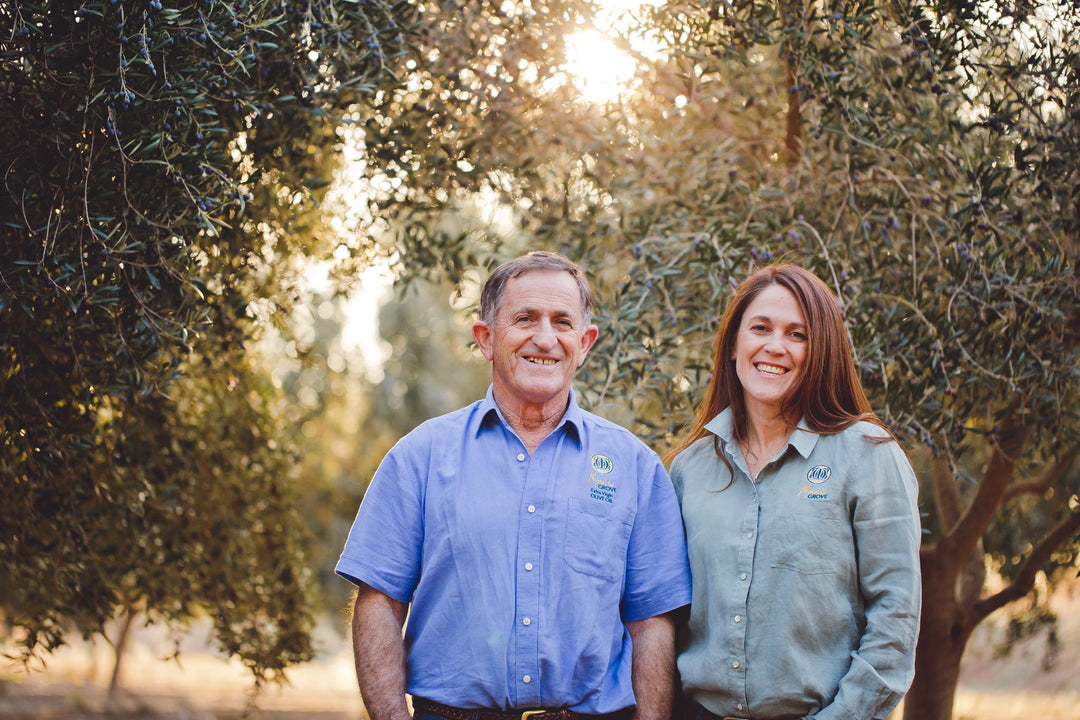
100% Satisfaction Guaranteed
We're confident you'll love our products as much as we do and your delight is our priority. That's why we offer 100% satisfaction guarantee so you can experience the Morella difference with confidence.

